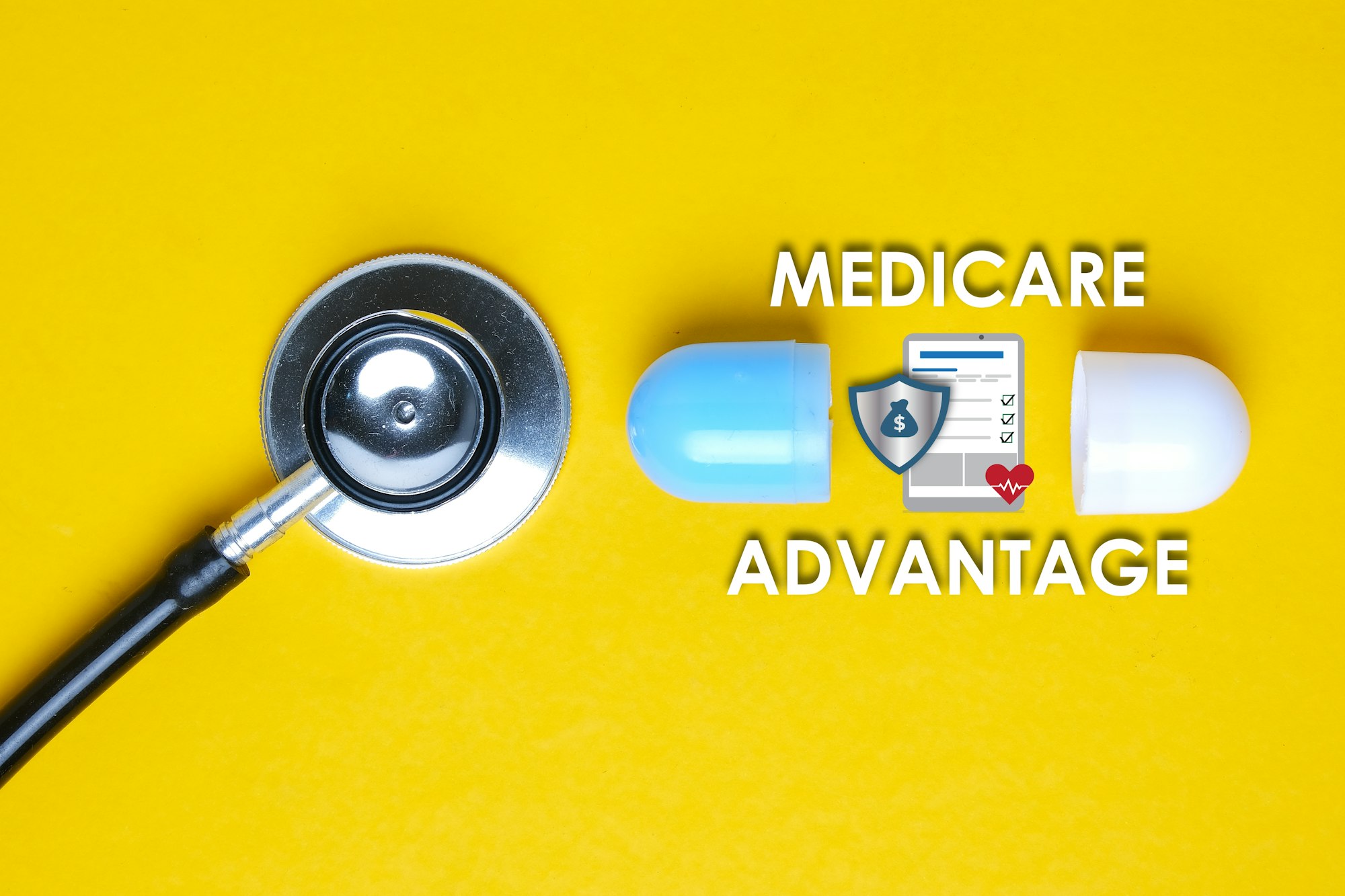Enhanced Access to Quality Healthcare Services
Enhanced access to quality healthcare services is a pivotal advantage for the residents of Arkansas and Alaska. Both states have seen significant improvements in their healthcare infrastructure, providing more comprehensive and accessible health insurance options. This development ensures that individuals and families can receive timely medical care, reducing the risks associated with delayed treatment and undiagnosed conditions.
The expansion of healthcare facilities and the introduction of telehealth services have been particularly beneficial in reaching remote and underserved populations.The availability of diverse health insurance plans in Arkansas and Alaska offers residents significant advantages. These plans cater to a wide range of needs and financial situations, making it easier for individuals to find suitable coverage. With more options at their disposal, residents can select plans that best match their healthcare requirements and budget constraints.
This flexibility not only promotes better health outcomes but also alleviates the financial burden associated with medical expenses.Moreover, the enhanced healthcare services in these states contribute to a healthier population overall. Preventive care measures, such as regular check-ups and screenings, are more accessible, leading to early detection and management of health issues. This proactive approach minimizes the risks of severe health complications and fosters a culture of wellness.
Additionally, health education initiatives have been instrumental in increasing awareness about healthy lifestyles and preventive practices, further contributing to the well-being of the community.In conclusion, the strides made in healthcare accessibility in Arkansas and Alaska underscore the critical importance of quality health insurance and varied healthcare options. The advantages of these improvements are manifold, including reduced health risks, better management of chronic conditions, and enhanced overall public health. As these states continue to prioritize healthcare advancements, their residents can look forward to a future where quality medical care is both accessible and affordable.
Financial Security and Protection Against Medical Expenses
Financial security is a crucial aspect of overall well-being, and health insurance plays a significant role in ensuring this security for residents of Arkansas and Alaska. The rising costs of medical care can pose substantial financial risks to individuals and families. By having health insurance, one can mitigate these risks and avoid the financial burden that may arise from unexpected medical expenses. Health insurance provides a safety net that protects against the high costs of hospital stays, surgeries, and other medical treatments, thereby ensuring that individuals do not have to deplete their savings or incur debt to receive necessary care.
Moreover, the availability of various health insurance options allows residents to choose plans that best suit their needs and financial situations. For instance, some plans offer lower premiums with higher deductibles, while others might have higher premiums but lower out-of-pocket costs. This flexibility in options ensures that individuals can find a plan that aligns with their healthcare needs and budget, providing them with the advantages of both coverage and affordability. Additionally, many health insurance plans include preventative care services at no extra cost, which can help in early detection and treatment of illnesses, further reducing long-term medical expenses.
The advantages of having health insurance extend beyond financial security to include peace of mind. Knowing that one is protected against unforeseen medical expenses can alleviate stress and anxiety related to potential health risks. This is particularly important for families with children or individuals with chronic health conditions who may require ongoing medical attention. With health insurance, they can access necessary medical services without the fear of financial ruin, thereby enhancing their overall quality of life.
In conclusion, health insurance is an indispensable tool for achieving financial security and protecting against medical expenses in Arkansas and Alaska. It offers a range of options that cater to different needs and budgets, providing significant advantages in terms of cost savings and access to healthcare. By mitigating the financial risks associated with medical care, health insurance ensures that individuals and families can maintain their financial stability and focus on their health and well-being.
Promotion of Preventive Care and Wellness Programs
Promotion of Preventive Care and Wellness Programs is a crucial aspect in enhancing the health landscape of Arkansas and Alaska. Preventive care encompasses a range of health services aimed at disease prevention, early detection, and mitigation of health risks. By prioritizing preventive measures, both states can significantly reduce the long-term costs associated with chronic diseases and improve overall public health outcomes.
The implementation of comprehensive wellness programs not only fosters a healthier population but also promotes awareness and education about health maintenance.Health insurance plays a pivotal role in the promotion of preventive care and wellness programs. Access to health insurance ensures that individuals can utilize preventive services without the financial burden that often deters them from seeking care. In both Arkansas and Alaska, expanding health insurance coverage can lead to increased participation in preventive care initiatives.
This, in turn, helps in identifying health risks early, allowing for timely interventions that can prevent the progression of diseases and reduce healthcare costs in the long run.Another significant advantage of promoting preventive care and wellness programs is the availability of diverse options tailored to meet the unique needs of the populations in Arkansas and Alaska. These programs can include routine screenings, vaccinations, lifestyle counseling, and fitness activities, all designed to address specific health challenges faced by residents. By offering a variety of options, healthcare providers can ensure that individuals receive personalized care that aligns with their health goals and circumstances, ultimately leading to better health outcomes.Overall, the advantages of preventive care and wellness programs extend beyond individual health benefits to encompass broader societal and economic gains.
By reducing the incidence of preventable diseases and promoting healthier lifestyles, Arkansas and Alaska can alleviate the strain on their healthcare systems and enhance the quality of life for their residents. Investing in preventive care is a proactive approach that underscores the importance of health maintenance and risk reduction, ensuring a healthier future for all.






Leave A Comment